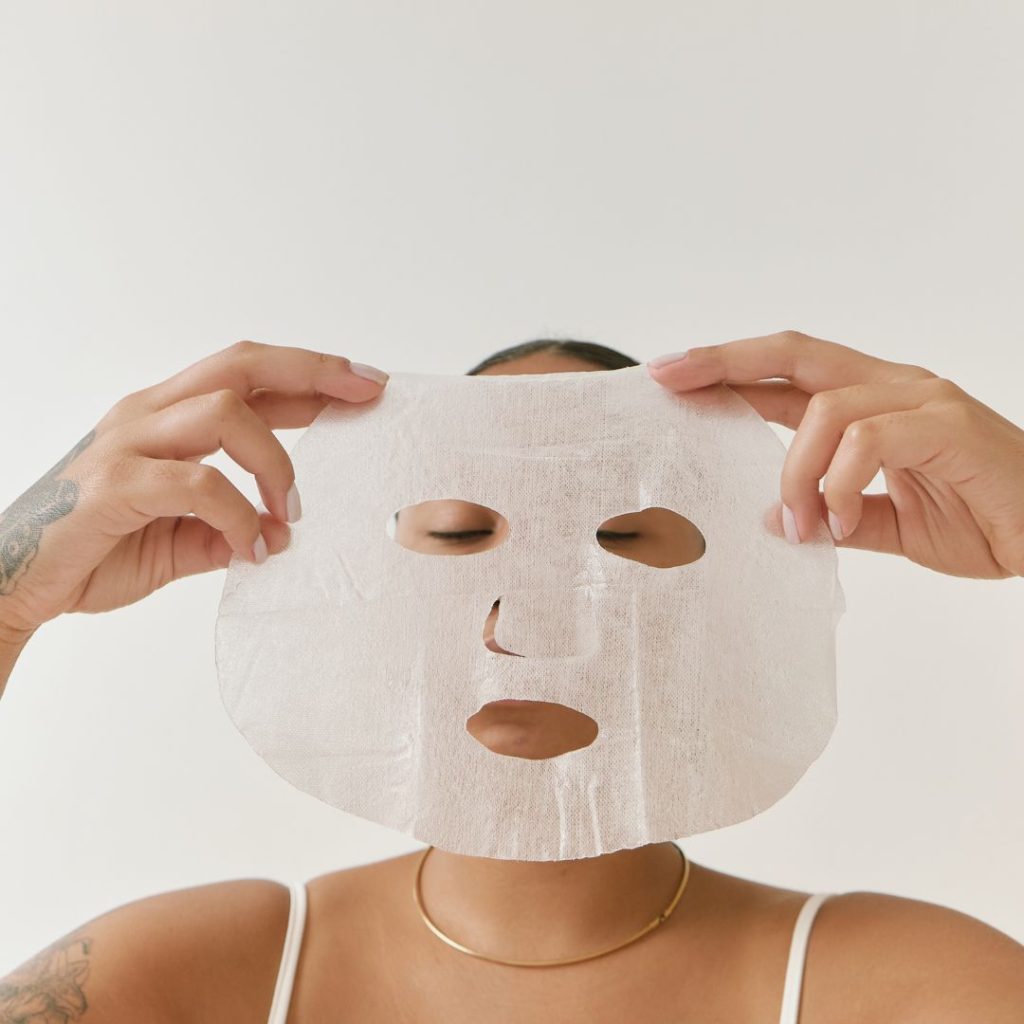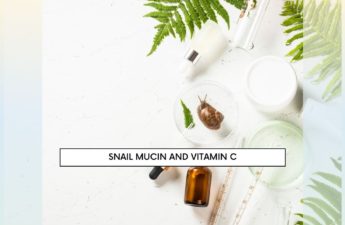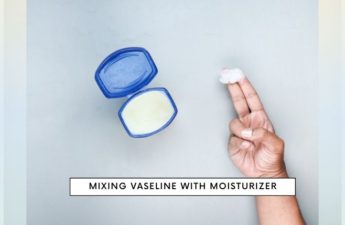I believe that taking care of our skin is incredibly important, but it can be overwhelming with all the different products and treatments available. That’s why sheet masks have become such a popular option in recent years – they’re convenient, easy to use, and provide a quick boost of hydration and nourishment to the skin.
However, if you have a damaged skin barrier, you may be wondering if sheet masks are safe to use.
In this article, we’ll explore the science behind skin barrier damage, the potential effects of sheet masks on damaged skin, and tips for using sheet masks safely and effectively.
Whether you’re a sheet mask enthusiast or just getting started with your skincare routine, this article will provide you with valuable information to help you make informed decisions about your skin health.
Causes of a Damaged Skin Barrier
The skin barrier is a complex network of lipids, ceramides, and proteins that work together to protect our skin from external stressors such as pollution, UV radiation, and bacteria.
A damaged skin barrier occurs when this protective barrier is compromised, resulting in redness, dryness, flakiness, and sensitivity.
Causes of a damaged skin barrier can range from over-exfoliation, harsh skincare products, environmental factors, and genetics. It’s important to be aware of the signs of a damaged skin barrier so that you can take steps to repair and protect your skin.

Signs of Damaged Skin Barrier
- dry and scaly skin
- redness
- itchiness
- sensitive or inflame area
If you are experiencing dry, scaly skin, redness, itchiness, or sensitive and inflamed areas, it could be a sign of a damaged skin barrier.
The skin barrier is a crucial component in keeping our skin healthy and protected. When it is compromised, the skin can lose moisture and become vulnerable to external irritants, leading to various skin problems.
It is important to pay attention to these signs and take steps to repair and strengthen the skin barrier, such as avoiding harsh skincare products and using gentle, nourishing ingredients. (source)
How Sheet Masks Work?
Sheet masks are a popular skincare product that has become a staple in many people’s routines.
These masks are typically made of a thin, cotton, or hydrogel material that is infused with various serums and active ingredients. (source)
When applied to the face, the sheet mask creates a barrier that prevents the serum from evaporating, allowing the skin to absorb the ingredients.
Sheet masks work by delivering a concentrated dose of hydration and nutrients to the skin, helping to brighten, soothe, and rejuvenate.
Common ingredients found in sheet masks include hyaluronic acid, vitamin C, green tea, and collagen.
These ingredients work together to provide a wide range of benefits for the skin, such as increased hydration, improved elasticity, and reduced inflammation. (source)
Can You Use Sheet Masks on a Damaged Skin Barrier?
In short, we do not recommend using a sheet mask on a damaged skin barrier.
While sheet masks can be a great addition to your skincare routine, it’s important to be cautious when using them on a damaged skin barrier.
The ingredients in the sheet mask can potentially further irritate and aggravate the already compromised skin.
It’s best to avoid using sheet masks until the skin barrier has healed and to focus on repairing and strengthening the skin barrier through gentle, hydrating skincare products.
In some cases, dermatologists may recommend specific sheet masks that are designed to be gentle and nourishing for damaged skin barriers. It’s always best to consult with a dermatologist before incorporating new skincare products into your routine, especially if you have a damaged skin barrier.
Factors to Consider before Using Sheet Masks on Damaged Skin
Before using a sheet mask on damaged skin, there are several factors to consider.
Firstly, it is important to identify the cause of the damaged skin barrier and address it before using any skincare products.
If the damage is due to an underlying medical condition, it is recommended to consult with a dermatologist before using any sheet masks.
Secondly, it is crucial to choose a sheet mask with gentle and nourishing ingredients, such as aloe vera, hyaluronic acid, and ceramides.
Avoid sheet masks with harsh chemicals or fragrances that can further irritate the damaged skin.
Lastly, it is recommended to patch test the sheet mask on a small area of the skin before using it on the entire face. If there is any sign of irritation or discomfort, it is best to avoid using the sheet mask altogether.

Alternatives to Sheet Masks for Damaged Skin
There are several alternatives to sheet masks that can help to nourish and repair your skin.
First of all, you can use a moisturizer that contains simple, gentle ingredients that won’t further irritate your skin. For example, the Etude House Soon Jung 2X Barrier Intensive Cream.
Another option is to incorporate a face oil into your skincare routine. Oils like evening primrose oil (source), sunflower oil (source) can help to lock in moisture and soothe dry, flaky skin.
Additionally, a repairing balm, like Kiehl’s Ultra Facial Advanced Repair Balm, can help to restore the skin’s natural barrier and protect it from further damage (source). Remember to do a patch test for any new products on a small area of skin first to avoid any potential allergic reactions.
Conclusion
In conclusion, it’s essential to maintain a healthy skin barrier to ensure that your skin remains healthy and glowing.
While sheet masks may provide a quick fix for some skin issues, they may not be suitable for those with a damaged skin barrier. Before using a sheet mask, it’s essential to consider the potential risks and factors that may affect your skin.
There are alternatives such as moisturizers, face oils, and repairing balms that can help repair a damaged skin barrier.
By prioritizing skin barrier health and incorporating suitable skincare products, you can achieve healthy, radiant skin.
So take care of your skin, and share this article with your friends and family to spread awareness about the importance of skin barrier health.
Reference:
Healthline: skin barrier function
Kiehls: How to Use Sheet Masks
Get the Facts: Evening Primrose Oil
Effect of olive and sunflower seed oil on the adult skin barrier
Dermatologytimes: Skin barrier benefits of sunflower seed oil




